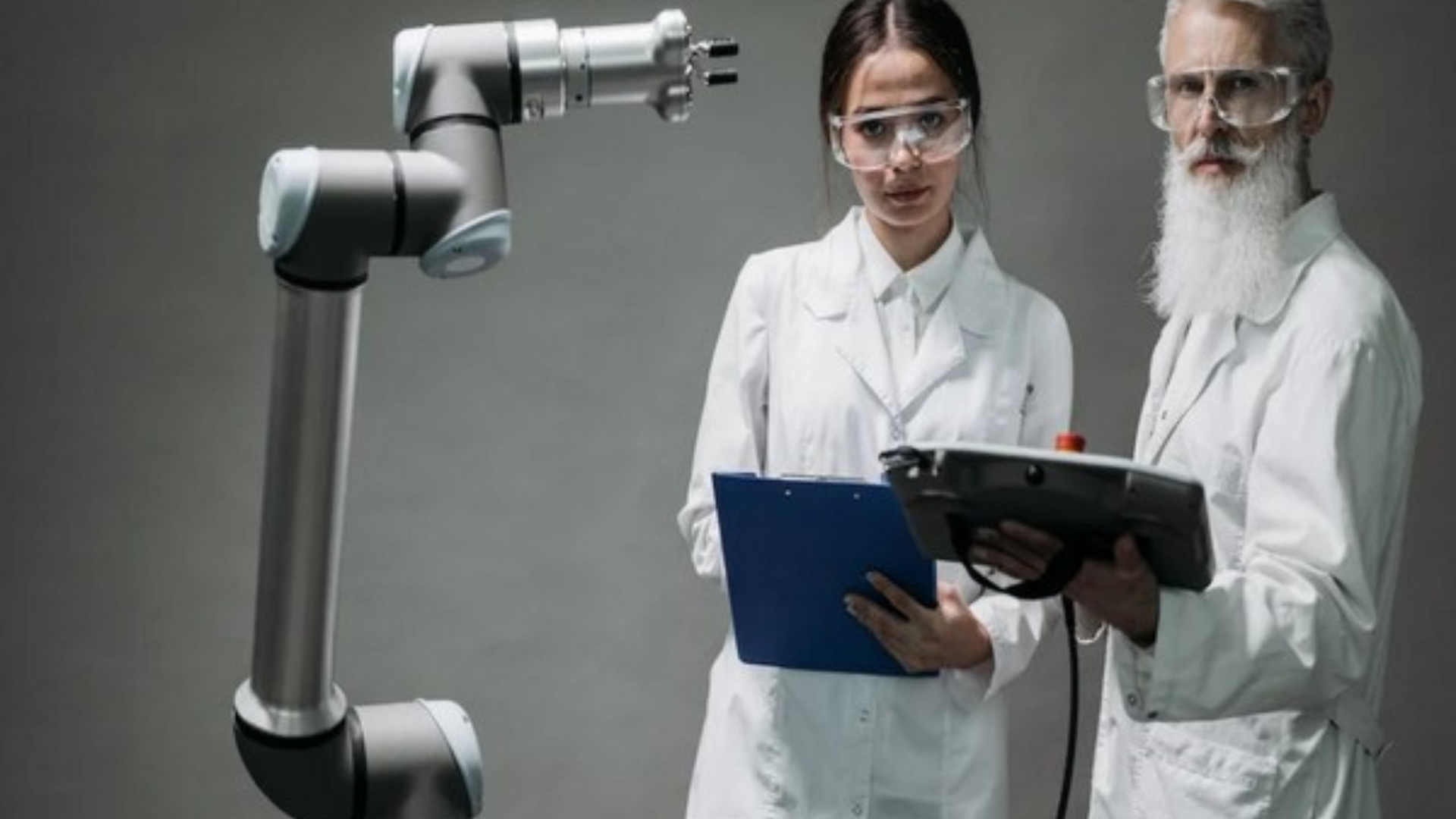


A new paper that was published in Nature details a biotechnology breakthrough powered by AI that has ramifications for environmental monitoring, disease diagnostics, and drug development.
A software tool created by researchers at the University of Washington School of Medicine enables them to create protein molecules that have a high affinity and specificity for complicated indicators, such as human hormones. By using a computer-generated biomolecule to contact its target, the researchers were able to reach the greatest contact strength ever recorded. Senior author David Baker, a biochemistry professor at UW Medicine and Howard Hughes Medical Institute scientist, believes that this discovery may result in novel therapies for diseases as well as improved diagnostics.
The team at Baker Lab, which consists of Phil Leung, Preetham Venkatesh, and Susana Vazquez-Torres, is working to develop proteins that can attach to helical peptide targets such as neuropeptide Y, parathyroid hormone, and glucagon. Because these compounds lack stable chemical structures, it is challenging to identify them using medications and diagnostic methods. Designed proteins are a more affordable option than antibodies for identifying illnesses that are now difficult to cure because antibodies are expensive to create and have short shelf life.
Research has used deep learning techniques to provide a novel approach to protein creation. With insufficient target knowledge, researchers created binding proteins using RFdiffusion and ProteinMPNN. This “build to fit” strategy portends a new age in biotechnology, one in which complex chemicals important to human health and the environment may be detected by proteins manufactured by artificial intelligence. The results of the study have the potential to completely change the biotechnology field since proteins produced by AI can identify complicated compounds.
Using mass spectrometry, a team at the University of Copenhagen and the Andrew Hoofnagle Lab at UW Medicine has created a bio design technique that finds proteins in human blood that bind to peptides at low concentrations. The proteins show promise for practical uses by maintaining their target binding capabilities in the face of adversity. Additionally, the researchers increased the bioluminescence signal in a biosensor system by a factor of twenty-one by integrating a high-affinity parathyroid hormone binder. This study illustrates how artificial intelligence and biotechnology are combining.